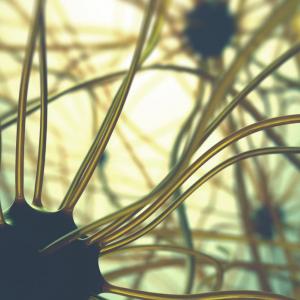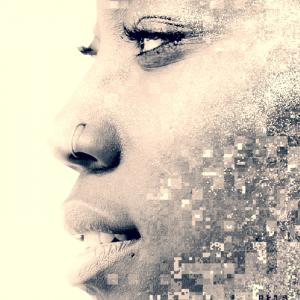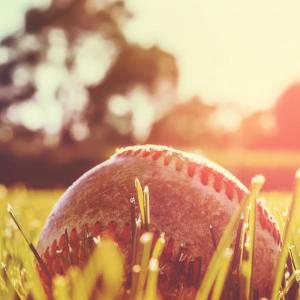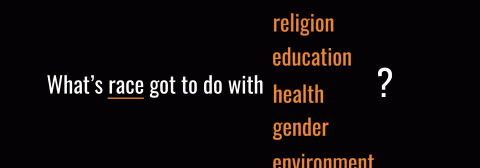
in·ter·sec·tion·al·i·ty
the ways that various oppressions – racism, sexism, classism, nationalism, homophobia, etc. – converge to create an overlapping system of domination and discrimination.
In this series, Sojourners is lifting up the interconnectedness of humanity as we examine the ways race converges with gender, eco-justice, sexuality, leadership, technology and more.
As an Asian-American activist, I must constantly negotiate what it means to be a woman faith leader – all while challenging misconceptions of the “model minority myth” and the “otherization” of my identity in a dominant culture that often sees anything other than whiteness as foreign, exotic, or suspect. And yet, I know that my experiences do not pale in comparison to the hardships of those experienced within the greater sisterhood.
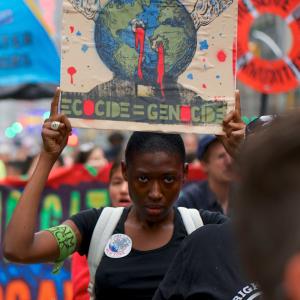
People's Climate Rally, Sept. 14, 2014. by Alan Greig/ Flickr.com
Black History Month is a time to reflect on the contributions African Americans have made to this country. We are right to pause and look back on those who have fought for justice and equal rights. But we mustn’t stop there. We also need to look forward and act to address one of the deadliest legacies of racial inequality: toxic pollution that is harming our children and poisoning our environment.
As a black, same-gender loving woman, who is a pastor, Bishop and activist, I can solidly say that my wife, children, grandchildren, and community have stronger allies, greater opportunities, and more protections than we have ever had. This is in many ways attributable to a growing number of black clergy who are no longer willing to stand idly by and watch large segments of the communities they were called to serve alienated, stripped of rights, physically abused, and treated unjustly. They have taken the costly stand against the notion that LGBTQ people are unworthy of God’s love and full acceptance within the church.
“When I see you, I don’t see color,” is something white women have said to me for decades. When heard from white women I see as sisters in Christ, these words erase me. For years I tried responding. I might say, “I get that you are refusing to attribute to me the bad things you have heard about people of color,” to which might come the response: “Oh no! I was raised to accept everyone!” Or I might say, “I know you mean that as a compliment,” and she might say, “I really mean it; I don’t see your color!”
Growing up African American in Queens, New York, I had access to the outdoors in many ways — a unique benefit for many African-American children. From childhood, I frequently attended ball games at the Mets’ Shea Stadium, and Brookville Park was quickly accessible on foot or by bike from my home in Rosedale. At both places, I benefited from sunshine and recreation. There, I did not have to worry about resistance or violence. But for many African Americans, access to outdoor and recreational space, including parks, has been complex. My own scholarship has been a study of eco-resistance and violence in green spaces by and against African Americans.
